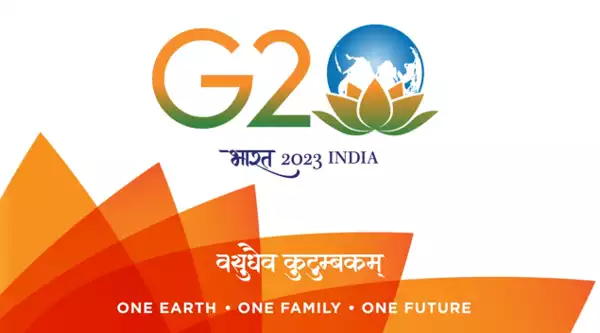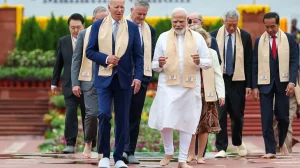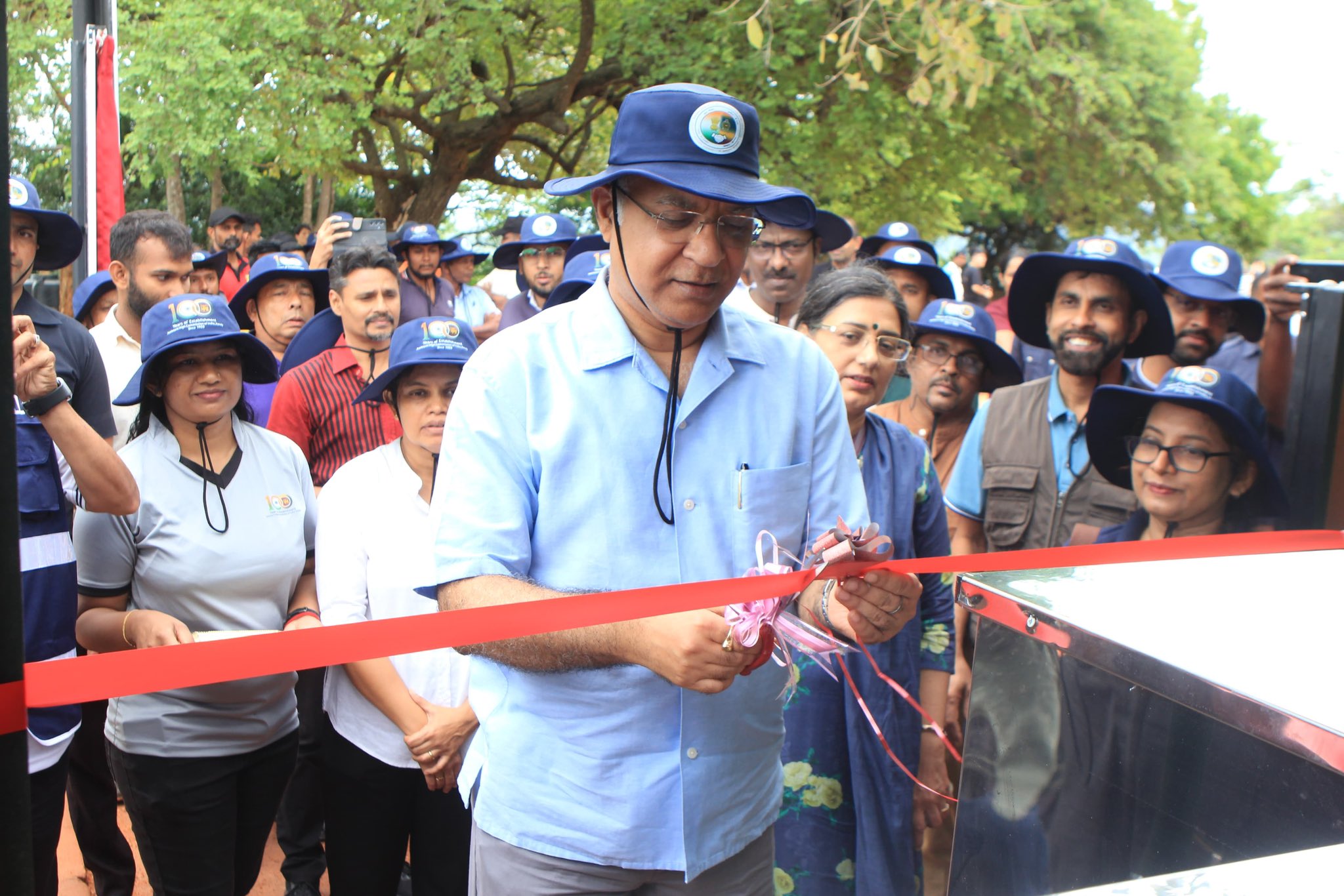
The five significant insights garnered from the G20 summit
The G20 summit in New Delhi defied expectations by achieving consensus among world leaders, despite contentious issues such as the Ukraine conflict and climate change. India’s diplomatic efforts played a significant role in this outcome, with several key takeaways from the summit:

1. African Union Joins G20: The G20 expanded its membership by welcoming the African Union (AU), a move seen as significant given that the AU represents a substantial portion of the world’s GDP and population. Indian Prime Minister Narendra Modi emphasized this as a milestone for India and the Global South.
2. Divergent Views on Ukraine: The Ukraine conflict remained a divisive issue among G20 leaders, with Russia’s absence and differing perspectives creating challenges. India worked to forge a common statement that toned down the earlier condemnation of the war, avoiding direct criticism of Russia by name.
3. Climate Change Challenges: G20 leaders fell short of agreeing to a fossil fuel phase-out, despite a UN report highlighting its necessity for achieving net-zero emissions. However, they did support tripling global renewable energy capacity and recognized the need to reduce emissions substantially to limit warming to 1.5 degrees Celsius.
4. ‘Spice Routes’ and Israeli Normalization: An alliance, including the US and Saudi Arabia, proposed the creation of a modern-day Spice Route connecting Europe, the Middle East, and India. This initiative aims to develop infrastructure and trade routes and is viewed as a potential step toward normalizing relations between Israel and Gulf Arab states.
5. India or Bharat?: There was speculation in India about a potential change in the country’s official name from “India” to “Bharat.” Indian Prime Minister Modi’s use of “Bharat” during the summit suggested a shift, reflecting a debate within the country about names rooted in Hindu symbolism versus those with colonial origins. Both names are constitutionally recognized.
Overall, the G20 summit in New Delhi showcased India’s diplomatic influence and its role in navigating complex global issues, while also highlighting ongoing debates about identity and nomenclature within the country.



